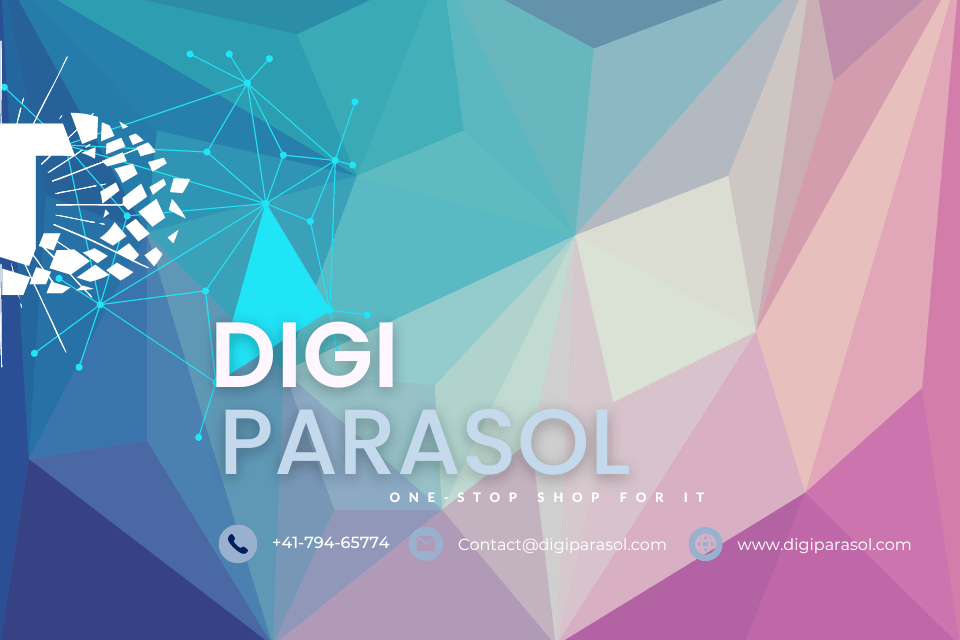The Future of Work: AI Research Findings and Predictions
In recent years, artificial intelligence (AI) has been rapidly evolving and transforming industries worldwide. From self-driving cars to personalized marketing strategies, AI has the potential to revolutionize the way we work and live. As AI becomes more advanced, its impact on the labor market is becoming increasingly significant. In this article, we will explore the latest AI research findings and predictions for the future of work.
AI in the Workplace
AI is already being used in various industries to streamline processes, increase efficiency, and improve decision-making. In the finance sector, AI algorithms are being used to analyze market trends and make investment decisions. In healthcare, AI-powered programs are being used to diagnose diseases and develop personalized treatment plans. In manufacturing, AI is being used to optimize production processes and reduce wastage.
One of the main benefits of AI in the workplace is its ability to automate repetitive tasks, freeing up employees to focus on more creative, strategic, and complex tasks. This has the potential to increase productivity and innovation within organizations. Additionally, AI can help organizations make data-driven decisions, leading to better outcomes and improved performance.
AI Research Findings
Recent AI research has shed light on the potential impact of AI on the future of work. One study by McKinsey & Company found that AI has the potential to increase global GDP by up to $13 trillion by 2030. The study also found that AI has the potential to create around 20 million new jobs worldwide, while also displacing around 30 million existing jobs.
Another study by the World Economic Forum predicted that AI will create 133 million new jobs by 2022, while also displacing around 75 million jobs. The study also found that AI will lead to a shift in the skills required by the workforce, with an increased demand for technical skills such as coding and data analysis.
AI Predictions for the Future of Work
Based on the latest AI research findings, several predictions can be made for the future of work:
1. Increased Automation: AI has the potential to automate up to 45% of tasks currently performed by human workers. This will lead to a shift in the nature of work, with employees focusing on tasks that require human skills such as creativity, empathy, and complex problem-solving.
2. Skills Shortages: As AI becomes more prevalent in the workplace, there will be an increased demand for workers with technical skills such as coding, data analysis, and AI development. Organizations will need to invest in upskilling and reskilling programs to ensure that their workforce is equipped with the necessary skills for the future.
3. Gig Economy: The rise of AI is also expected to lead to an increase in the gig economy, with more workers opting for freelance or project-based work. AI platforms such as Uber and TaskRabbit are already changing the way we work, and this trend is expected to continue in the future.
4. Ethical considerations: As AI becomes more sophisticated, there are growing concerns about the ethical implications of its use in the workplace. Issues such as bias, privacy, and job displacement need to be carefully considered and addressed to ensure that AI is used responsibly and ethically.
Conclusion
The future of work is being shaped by advances in AI, with the potential to dramatically change the way we work and live. While AI has the potential to increase productivity, streamline processes, and create new opportunities, it also presents challenges such as job displacement and skills shortages. Organizations need to be proactive in preparing for the impact of AI on the workforce by investing in upskilling programs, reimagining job roles, and addressing ethical considerations. By embracing AI and its potential, organizations can harness its power to create a more efficient, innovative, and sustainable future of work.


